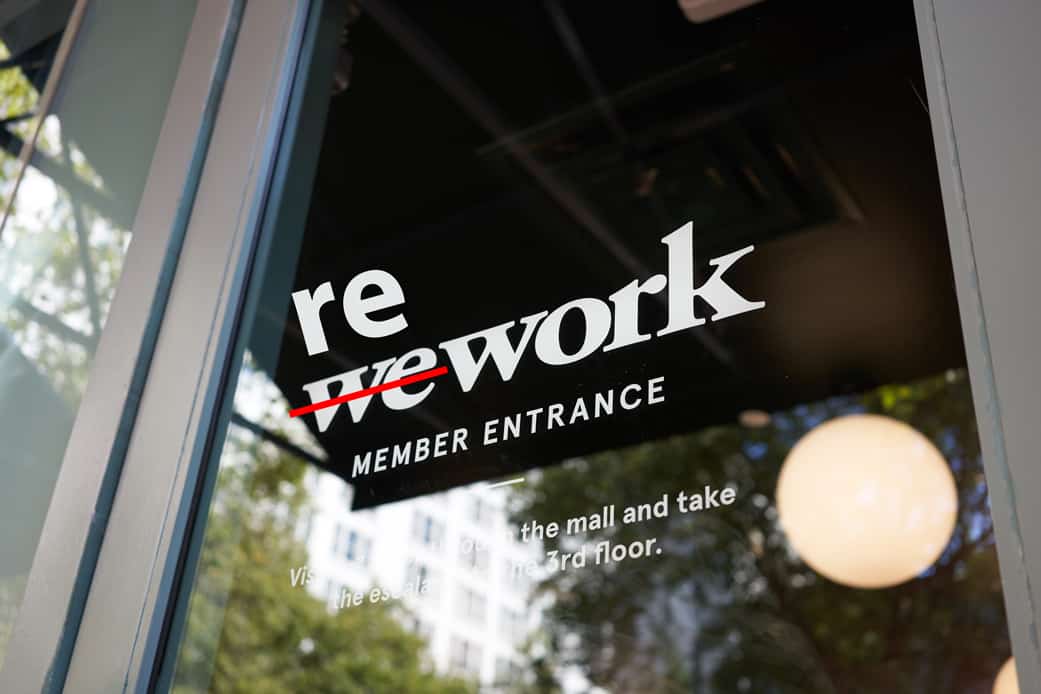An organization’s culture is a strong reflection of how robust its work ethos is! Most organizations understand the need to build a positive culture right from the word go, not only because it fosters happiness, but because it shines down on the overall financial health of the company.
Experts may argue that a positive culture may not be an end to a power-packed organizational performance, but it plays an irreplaceable role in strengthening internal communications. Lead research contrasts this by maintaining that Learning innovation has registered a 9% improvement in Organizational growth, profit, and productivity. A greatly designed LMS will go a long way in nourishing corporate unity, workplace ethics, and confidence, and employee motivation.
We give you insights on how LMS will help you create a positive work culture but let’s first evaluate your organization type.
Understanding your organization’s current culture
What type of culture does your organization possess? Before getting deeper into this, it is important to understand that company culture is the result of what the company believes in. It branches out from the organization’s mission and vision statement and reverberates through its products and services, its day-to-day operations, and how it treats its customers.
To understand your workplace culture, ask these relevant questions
- Do employees love coming back to work after a weekend off or a holiday?
- Does the organization believe only in working or focus more on team-building activities? Is it a mix of both?
- What is the present employee turnover?
- As the leaders of your organization, what are you providing additionally to build a sense of community for every team member?
When answers to these questions are negatively oriented it portrays a lack of collaboration catapulting to inexplicable circumstances. Here organizational lead decision-makers, HR policymakers, and L&D administrators should take an active role in reconstructing the company culture by fuelling it with educational resources that are both relevant and could bring about that change you wish to see. Not only will these strategic steps help in engendering core company norms and cardinal workplace practices but will spread the message of what the company expects in terms of overall performance and protocols.
When this is done, a shared culture of collaborating to achieve the overall goals of the company grows within the department and cross-departmentally. Nurturing such a work culture is important to achieve your overall organizational goals.
The need for LMS to build a great workplace culture
To fulfill the goals of positive work culture, productive employees, and a system that supports short-term and long-term goals, organizations are increasingly relying on Learning Management systems (LMS). Several organizations have embraced LMS to deliver accessible and measurable metrics that have accelerated internal growth converting into positive business results. With an increase in companies embracing technology-based learning solutions, worldwide the top learning management system markets are bound to reach a staggering $15.72 billion by 2021 clocking in a 5% steady growth in the last three years. With a bespoke LMS in place, employees need not attend different training programs to upgrade themselves. Well-managed LMS shoulders the responsibility of ensuring that everyone gains, achieve learning success, and is able to contribute to the dynamic needs of the organization.
Creating corporate unity
With a sound eLearning strategy, organizations can disintegrate physical roadblocks by dispersing relevant information at the right time. Custom LMS allow the workplace to endorse scalability and flexibility across different levels of the organizational pyramid. Not just that, its mobility solutions also ensure employees can learn while they are on the move. Adaptive learning becomes ubiquitous in the organization, with employees being on the same page. Digital LMS tools like web conferencing and forums will help businesses work on team-building and bridge interdepartmental and inter-location barriers creating a positive sense of working even if your team affected by COVID is working remotely.
Better confidence leading to enhanced motivation
If employees lack the resources to effective organizational politics and requirements, it will reduce workplace confidence. Not only will every internal employee feel valued, but it will also convert into enhanced professional development. Receiving noble skillsets and certification will make their skills relevant to their industry and will empower them to take on challenges cultivating a learning culture. LMS is the breeding ground to exchange critical but constructive feedback and encourages a healthy communicative relationship between teams.
Engaging learning content for long-term effectiveness
LMS is built on the foundation of diverse learning content that speaks volumes about how your organization is oriented with respect to its learning initiatives. The use of Gamification in LMS has truly caught upon. To encourage learning, real-life simulation using Virtual Reality and Augmented Reality in eLearning technologies have become an essential ingredient in LMS. Mobile learning has necessitated organizations to build screen-responsive LMS interfaces. Whether you access it from your mobile or your tab, learning via your LMS has to be engaging.
LMS Case Studies:
Experience transformation with the right LMS
Using feature-ready LMS platforms is good, but you might also have to pay for those features which you do not require. If you compromise on any feature, you are inching away from building a positive culture. By customizing your LMS according to your need, you can create path-breaking L&D ecosystems that speak the language of employees and stimulate a supportive culture. It is thus important to identify barriers that do not align with universal organization goals and work on creating an LMS that would address them. Your LMS should be a building platform for:
- Enabling high-level personnel to induct and orient new employees to the system.
- Build feedback systems that rely on solid discussion forums.
- Facilitates easy tracking of employee performance and understanding of their involvement in the company’s overall work.
- Learning paths and dashboards to provide a snapshot of learning goal achievements, and helps employees to get abridged with the latest in the organization.
Organizations cannot turn their backs on how technology has changed workplace operations. A good LMS that speaks your language can transform your organization in a short time. This will directly lead to better work performances, productivity, and increased profit to the organizations that prioritize LMS.




